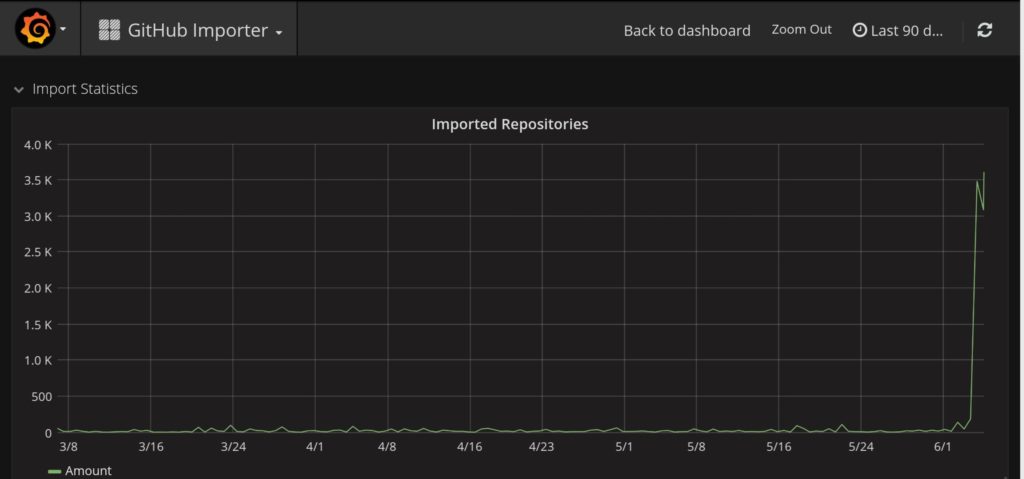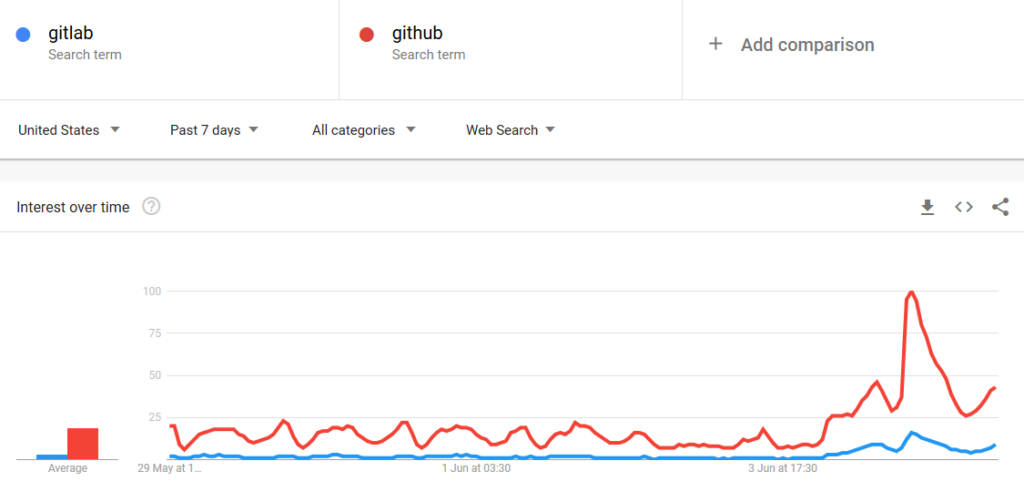Microsoft has acquired GitHub in a major deal worth $7.5 billion. Not only has this put the open source community in a frenzy, but has also opened up different options for the developers and programmers who don’t want to share their project and code details with Microsoft. There is a history to this particular behavior of the open source community towards Microsoft.
Firstly let’s reframe the question – what is the fear that’s causing the migration?
Microsoft has this well known habit of acquiring promising open source projects and then slowly letting them die. They even had a name for the strategy: ‘Embrace, Extend, Extinguish’. That’s a key reason, open source developers dread Microsoft. The other factor for the fear is Microsoft’s history of using their patents to sue open source projects. These are some reasons the open source developers have traditionally avoided Microsoft and their products for a long time.
The other side of the argument is that Microsoft is not the same company as it used to be in terms of their approach to open source mainly due to the change in their leadership team. Their present focus has also shifted from operating systems to the cloud, building Azure solutions, and promoting office 365. They have recently open sourced their scripting language powershell in an attempt to lure the open source developers under the organizational umbrella. In lesser words, Microsoft is trying for an image makeover and their GitHub deal might be yet another attempt to give the open source developers a bigger umbrella and more resources to develop production ready applications.
Whatever’s the actual reason, it’s pretty clear what’s on Open Source developers’ minds. As per the latest tweet from GitLab, the rate of new repositories being added to GitLab has increased significantly since Monday – the 4th of June. The snapshot below shows the spike in posting new repositories in Gitlab.

The trends of both Github and Gitlab have also spiked since the buying out news broke and that clearly shows that there is a huge spike in chatter regarding this.

GitLab itself had started pushing a trend called #movingtogitlab and because of the incoming traffic reaching exceptionally high volume, their servers also crashed for a brief period of time. Gitlab had posted the video tutorial called “Migrating from GitHub to GitLab” on the 3rd of June which has already reached 22.5k views which clearly shows that there have been 20k people at least who have tried to export their GitHub project to GitLab.
Having said that let’s take a look at the number of active users for both of these platforms. While GitHub has around 24 million active users, GitLab is at a mediocre 100k. So the exodus of a few thousand might not make a significant dent on GitHub’s user base.
On one hand, the markets have rejoiced over the news of the Microsoft acquisition of Github boosting Microsoft’s stock prices well above 101 USD. On the other hand, the overall feeling towards this acquisition has been quite pessimistic among the developer community to say the least.
This deal still has to go through regular auditing to check whether the norms for standard acquisition were followed and other details. The completion of this deal will happen only around December 2018 and the question remains whether Microsoft will be getting the same GitHub that they bought and what will this deal mean for Gitlab. The question on everyone’s mind right now is will Microsoft act as Github’s owner or steward?
Will GitHub become the de facto leader for code sharing and pioneer in open source development? Or will other tools like GitLab, Sourceforge, Bitbucket take advantage of the situation and come to the forefront? The most interesting and positive thing to emerge from this scenario would be if Microsoft itself comes across as a leader in open source projects which would mean more funds and resources for useful and viable tech research and development and probably a brighter future for the tech world.










![How to create sales analysis app in Qlik Sense using DAR method [Tutorial] Financial and Technical Data Analysis Graph Showing Search Findings](https://hub.packtpub.com/wp-content/uploads/2018/08/iStock-877278574-218x150.jpg)



What benefit would Github really offer M$. Is the system even profitable? What will happen to the operating team?
Microsoft has had its prior run-ins with Open Source and its acquisitions have not gone well in the past. But the software world has changed quite a bit in recent times. The Microsoft cash cow – windows OS is not as profitable as it used to be earlier. Under Satya Nadella Microsoft seems like a company that is prepared to step into the open source world, so that more and more developers can be brought under the Microsoft umbrella, and then instead of selling an improbable windows 11, they can sell cloud services and still maintain a hefty profit margin in the changing tech world. To target the Open Source community, GitHub is their best option, they might integrate their popular IDE Visual Studio with the GitHub platform, eventually make windows open source and urge developers to use their Azure services, that might keep them afloat. But these are all subject to speculation.
As per the future of the GitHub operating team, Nat Friedman, the current VP at Xamarin, will be the next GitHub CEO and “Chris Wanstrath, a GitHub cofounder and the current CEO, will take the new title of Microsoft Technical Fellow, and remain an advisor to the company”. The outgoing CEO hopes that the present team will stay during the transition.